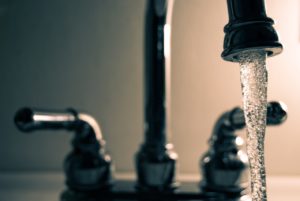
Water is essential for life, but it can also be a big headache when problems arise. Whether the water is coming out of the tap brown and smelly, the pressure is too low, or there’s an unexpected outage, water problems can cause a lot of stress. We will discuss some easy and effective solutions to common water problems that you can do yourself, like hard water issues or bad water taste, so let’s get right to it.
Hard Water: Get a Water Softener System
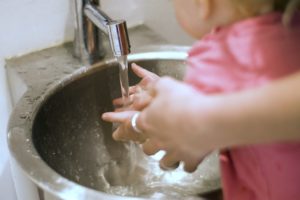 Technology has evolved for water softeners, and there are now many different types of water softening systems available on the market. If you have hard water, it’s likely that your appliances, plumbing fixtures, and pipes are also feeling the effects. A water softener will remove the minerals from your water that cause hardness, like calcium and magnesium. This will improve the quality of your water and the lifespan of your appliances and plumbing.
Technology has evolved for water softeners, and there are now many different types of water softening systems available on the market. If you have hard water, it’s likely that your appliances, plumbing fixtures, and pipes are also feeling the effects. A water softener will remove the minerals from your water that cause hardness, like calcium and magnesium. This will improve the quality of your water and the lifespan of your appliances and plumbing.
Bad Water Taste: Install a Whole-House Water Filter
If your water tastes bad, it’s probably due to contaminants in your water supply. The best way to remove these contaminants is with a whole-house water filter. A whole-house filter will remove contaminants from all the water in your home, so you’ll notice a difference in the taste of your water right away. Remember that you’ll need to change the filter regularly to keep the water tasting great. It’s pretty easy to do and cost-efficient, so don’t table that item and just do it when you can.
Foul Smelling Water: Shock Your Well
If your well water smells foul, it could be due to bacteria in your water. You’ll need to shock your well to kill the bacteria and remove the odor. Shocking your well is a simple process that you can do yourself; it only takes a few minutes. To do this, you can start by adding a chlorine bleach solution to your well water, then running all your faucets for a few minutes to distribute the chlorine throughout your plumbing.
The Takeaway
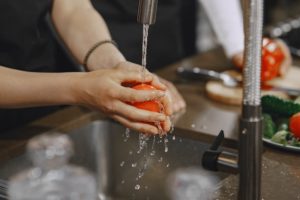 These are just a few of the most common water problems that homeowners face. With these easy solutions, you can solve these problems quickly and get back to enjoying clean, fresh-tasting water in no time. If you have any questions about solving water problems at home or if you need any help, don’t hesitate to click the above link. Please don’t forget to share the article with your friends and family if you found it helpful. Good luck and take care.…
These are just a few of the most common water problems that homeowners face. With these easy solutions, you can solve these problems quickly and get back to enjoying clean, fresh-tasting water in no time. If you have any questions about solving water problems at home or if you need any help, don’t hesitate to click the above link. Please don’t forget to share the article with your friends and family if you found it helpful. Good luck and take care.…


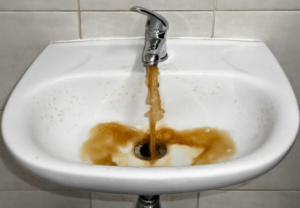 We can’t live without drinking water. It’s essential to our survival. However, did you know that the water that comes out of your tap could be contaminated with lead and iron? These are two hazardous toxins that can cause serious health problems.
We can’t live without drinking water. It’s essential to our survival. However, did you know that the water that comes out of your tap could be contaminated with lead and iron? These are two hazardous toxins that can cause serious health problems.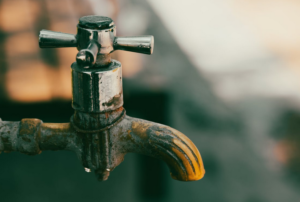 Drought is another water risk that homeowners need to be aware of. While it might not seem like it, drought can actually be just as
Drought is another water risk that homeowners need to be aware of. While it might not seem like it, drought can actually be just as 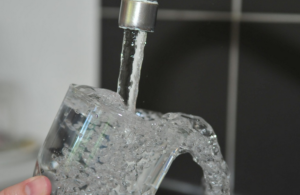
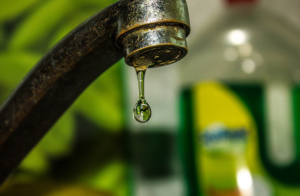 Most of us don’t have any background in chemistry, so the concept of pH levels can be a little daunting. But don’t worry, we’ll make it easy for you! To understand how to improve water quality, you need to know pH levels. The pH scale runs from 0-14 and measures how acidic or alkaline a substance is.
Most of us don’t have any background in chemistry, so the concept of pH levels can be a little daunting. But don’t worry, we’ll make it easy for you! To understand how to improve water quality, you need to know pH levels. The pH scale runs from 0-14 and measures how acidic or alkaline a substance is.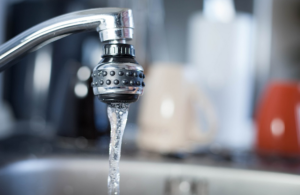 If you don’t want to adjust the pH levels of your water, another option is to install a filter on your showerhead or faucet. These filters can help remove chlorine and other impurities from your water, improving its quality.
If you don’t want to adjust the pH levels of your water, another option is to install a filter on your showerhead or faucet. These filters can help remove chlorine and other impurities from your water, improving its quality. Instead of using chemicals to filter your water, another option is to put natural herbs in the water. Mint leaves are a great example of an herb that can improve water quality by filtering out chlorine and other impurities.
Instead of using chemicals to filter your water, another option is to put natural herbs in the water. Mint leaves are a great example of an herb that can improve water quality by filtering out chlorine and other impurities.